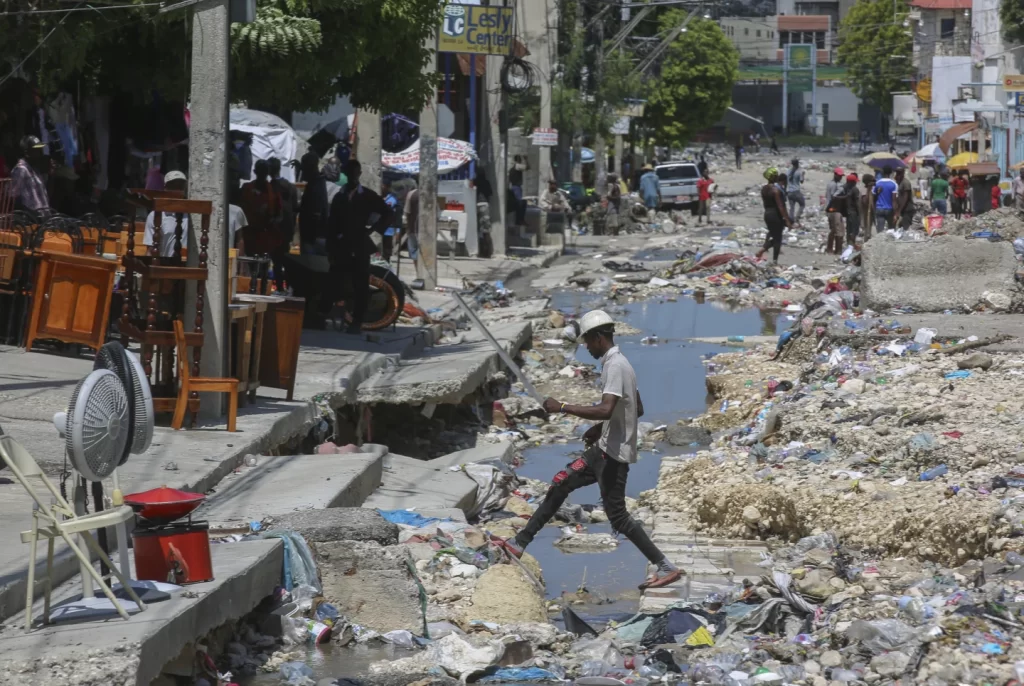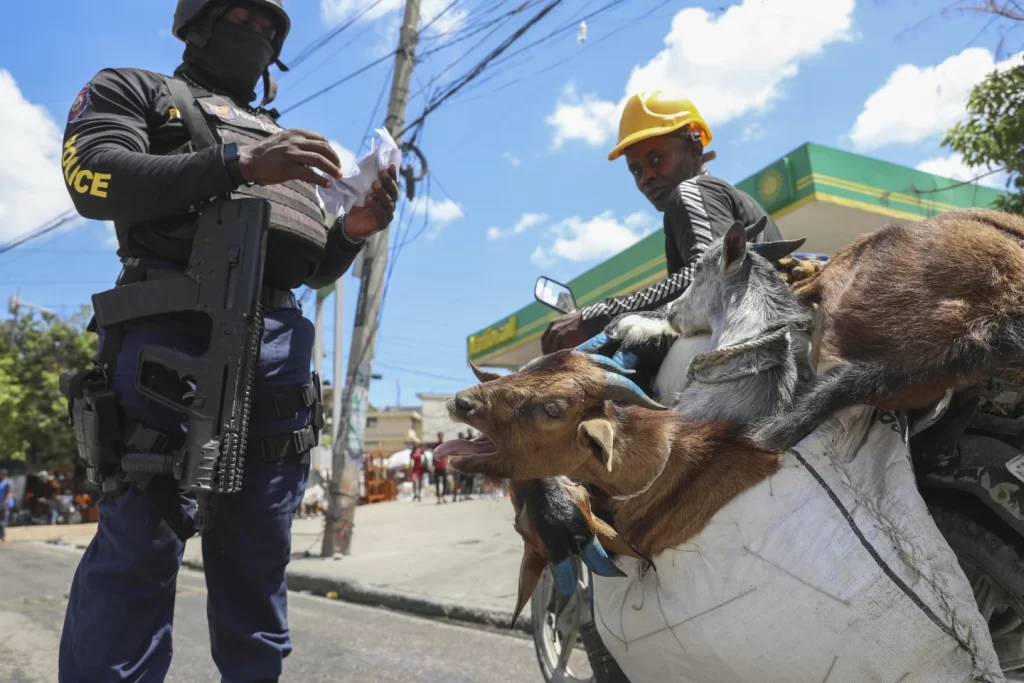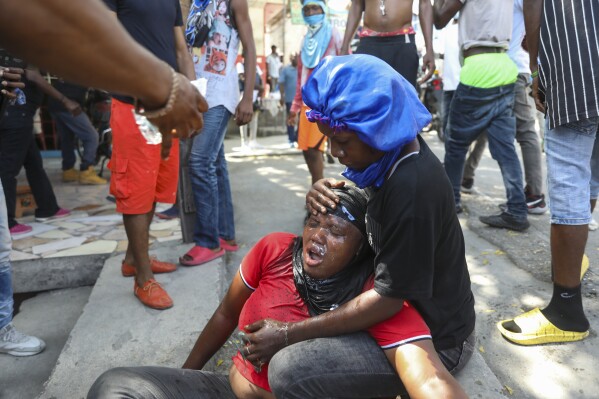Haiti’s government has established a provisional electoral council, a crucial step towards holding the country’s first general elections since 2016, officials announced Wednesday.

Smith Augustin, a member of Haiti’s transitional presidential council, confirmed to The Associated Press that the electoral body has been formed with seven of the nine members required by law. The remaining two members are expected to be announced in the coming days.
The council, comprising representatives from various sectors including farmers, journalists, human rights activists, and the Vodou community, is tasked with organizing elections and developing the legal framework to conduct them.
Haiti has been without a president since July 2021, following the assassination of President Jovenel Moïse. The country’s last elections were held in 2016, with subsequent attempts to organize polls derailed by political instability and escalating gang violence.

The creation of this electoral council comes after years of delays and international pressure. In September 2021, former Prime Minister Ariel Henry dissolved the previous council, accusing it of partisanship. Henry, who took office shortly after Moïse’s assassination, repeatedly pledged to hold elections but cited worsening gang violence as an obstacle.
Earlier this year, Henry resigned amid coordinated gang attacks on critical government infrastructure in Port-au-Prince. A transitional presidential council was then formed with the mandate to hold presidential elections by February 2026.
The new electoral council faces significant challenges, including persistent gang violence that has displaced over half a million people and killed more than 3,200 between January and May of this year. Many Haitians, forced to flee their homes, have lost essential documents including IDs needed to vote.

To address security concerns, nearly 400 Kenyan police officers have arrived in Haiti as part of a UN-backed mission, with additional deployments expected from the Bahamas, Chad, Benin, and Bangladesh.
Despite these efforts, many Haitians remain skeptical about the prospects of holding successful elections. Daniel Janvier, a 40-year-old displaced by gang violence, expressed doubts about the voting process, saying, “How are people going to vote? Most of the people that I know in this area don’t have an ID.”
The formation of this electoral council represents a pivotal moment in Haiti’s efforts to restore democratic governance, though significant obstacles remain in organizing free and fair elections in the troubled Caribbean nation.



